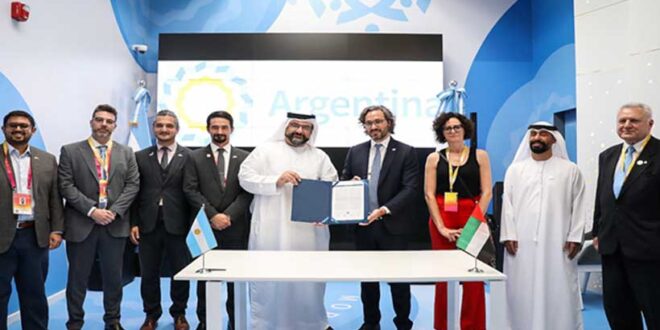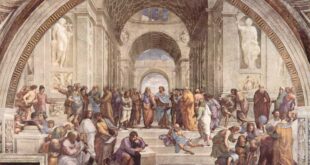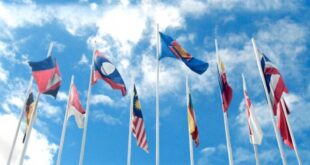Juan Cabanas
Disbursements will reach US$ 550 million by 2022 and “potentially” another US$ 450 million approval by 2023, reported the Argentine Foreign Ministry. Among the objectives of the trip -led by Santiago Cafiero- is the diversification of the exchange with that region, currently concentrated in fuels, cereals and other primary products.
Within the general framework of the current Argentine foreign policy doctrine of multi-vector and equidistant diplomacy a set of Middle East Development Funds will invest US$1 billion in Argentina with the aim of financing infrastructure over the next two years, announced on Monday 14th of March Argentine Foreign Minister Santiago Cafiero in Abu Dhabi, he declared that:“…Middle East Sovereign Wealth Funds confirmed financing for Argentina: $1 billion to invest in various infrastructure projects… The trade mission we are launching today in Abu Dhabi is central in that context and strengthens our ties…”
The ratification of the financing was announced after a meeting in Abu Dhabi held by the Argentine delegation together with executive directors of companies and entities of the United Arab Emirates.
Disbursements will involve US$ 550 million by 2022 and “potentially” another US$ 450 million for approval in 2023, reported the Argentine Foreign Ministry.
The financing of the construction works will come from the Development Funds of Kuwait, Saudi Arabia, the Emirate of Abu Dhabi, Qatar and the Organization of Petroleum Exporting Countries (OPEC). Although the infrastructure works were not specified, the Argentine Secretary of Strategic Affairs carried out a coordinated task with the funds to identify the strategic sectors to which the financing will be directed.
Argentine Foreign Ministry reported that:“…In addition 16 Argentine companies and 19 from the UAE participated in the networking meeting…Argentine technological capabilities in the areas of energy transition, knowledge economy, satellite industry, biotechnology applied to human health and food security were disseminated, encouraging discussions for technological cooperation and the development of joint projects with Emirati counterparts…”
Among the objectives of the tour, the Argentine government sought to diversify the exchange with the Middle East -currently concentrated in fuels, cereals and other commodities- positioning the sectors of energy transition, space science, biotechnology, information and communication technology.
The Argentine delegation in the Middle East was also composed of the provincial governors Gerardo Zamora (Santiago del Estero), Raúl Jalil (Catamarca), Jorge Capitanich (Chaco), Gerardo Morales (Jujuy), and Ricardo Quintela (La Rioja).
It is noteworthy that these actions and agreements obtained in the Middle East are also part of a broader Argentine strategic plan -through international cooperation- to re-boost its national infrastructure and economy, considering that the South American country has recently sealed its entry into the Belt and Road Initiative (BRI), a plan which includes funding for 17 strategic infrastructures.
Among these strategic connectivity initiatives would be the construction of the Second Bridge between the provinces of Chaco and Corrientes, sealing the Belt and Road Initiative (BRI) into the heart of Mercosul and South America.
 Geostrategic Media Political Commentary, Analysis, Security, Defense
Geostrategic Media Political Commentary, Analysis, Security, Defense





